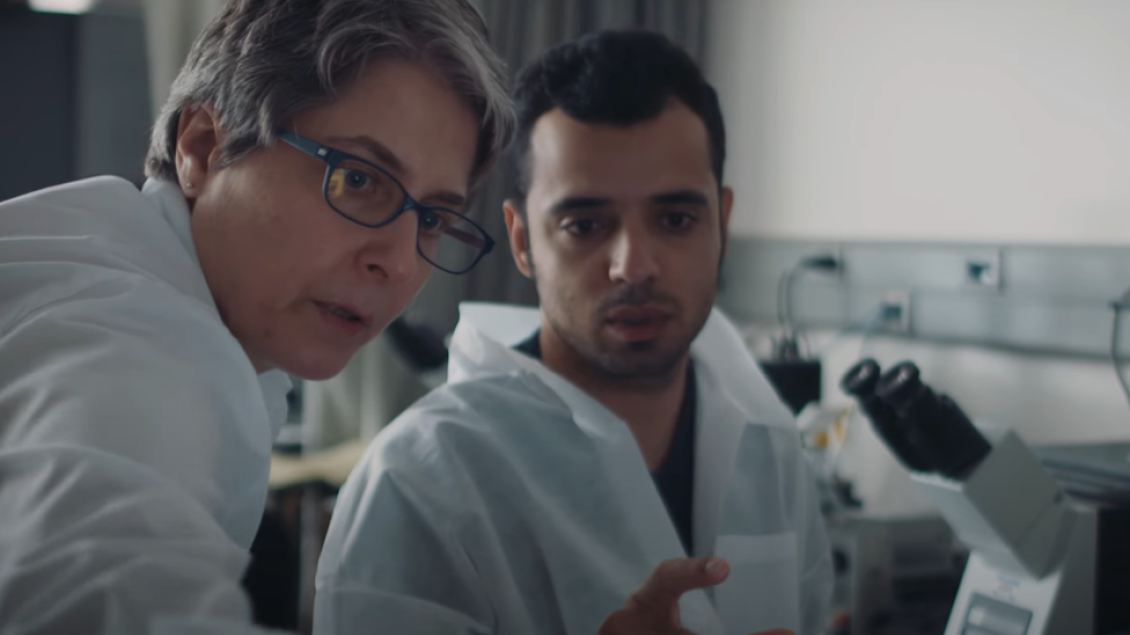
Mentoring has been described as a “catalytic factor to unleash individuals’ potential for discovery, curiosity, and participation in STEMM” (STEMM-Science, Technology, Engineering, Mathematics, and Medicine) and is an essential component of the graduate school experience. Students naturally form primary mentoring relationships with their thesis advisor, who sets research goals, provides technical training, and guides professional development.
In the NGP, we encourage our students to build a network of mentors, formal and informal, whose influence affects not only academic progress, degree completion, and career support, but also psychosocial support. Positive mentoring relationships enhance mentee’s persistence and performance outcomes, and we believe that both faculty and student mentorship training can strengthen those relationships.
In our program, we seek to enhance mentoring across all stages of graduate education. These practices and our initiatives include
- Providing multiple points of contact with diverse mentoring networks
- Identity-based mentoring and representation
- Training for students and mentors on building culturally responsive mentoring relationships
NGP mentoring opportunities offer a wide range of workshops and initiatives that help you develop the tools needed to succeed.
Students in the Neuroscience Program are active in a number of outreach activities that give back to the community.